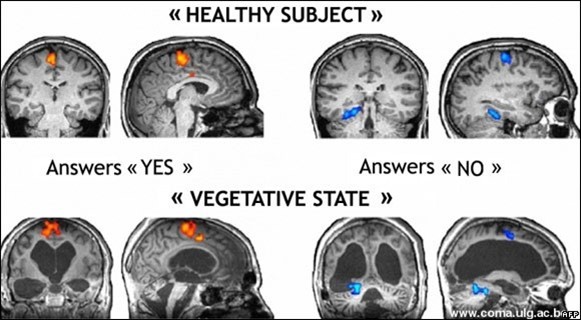Manifestations of Amyotrophic Lateral Sclerosis would include:
Progressive weakness and atrophy of muscle
Cramps, twitching, and lack of coordination
Spasticity, deep tendon reflexes brisk, and overactive
Difficulty speaking, swallowing, breathing
The Correct Answer is A
Choice A: Progressive weakness and atrophy of muscle is a manifestation of ALS, as it results from the loss of motor
neurons that control voluntary muscle movements²³.
Choice B: Cramps, twitching, and lack of coordination is a manifestation of ALS, as it results from the abnormal activity of motor neurons that are still functioning²³.
Choice C: Spasticity, deep tendon reflexes brisk, and overactive is a manifestation of ALS, as it results from the damage to the upper motor neurons that regulate muscle tone²³.
Choice D: Difficulty speaking, swallowing, breathing is a manifestation of ALS, as it results from the involvement of the muscles in the mouth, throat, and chest²³.
Choice E: All of the above is correct, as all of these manifestations are common in ALS.

Nursing Test Bank
Naxlex Comprehensive Predictor Exams
Related Questions
Correct Answer is B
Explanation
Choice A: Unconsciousness, unarousable unresponsiveness is not a description of persistent vegetative state, but rather a description of coma, as it is a state of complete loss of consciousness and reflexes caused by severe brain injury.
Choice B: Devoid of cognitive function but has sleep-wake cycles is a description of persistent vegetative state, as it is a state of minimal awareness and responsiveness caused by widespread brain damage.
Choice C: Inability to move or respond except for eye movements due to a lesion affecting the pons is not a description of persistent vegetative state, but rather a description of locked-in syndrome, as it is a state of complete paralysis and preserved consciousness caused by damage to the brainstem.
Choice D: Unresponsiveness to the environment, makes no movement or sound but sometimes opens eyes is not a description of persistent vegetative state, but rather a description of akinetic mutism, as it is a state of severe apathy and reduced motor activity caused by damage to the frontal lobes or basal ganglia.

Correct Answer is D
Explanation
Choice A: Sepsis is a serious infection that occurs when the body's immune system overreacts to an injury or illness. It can cause organ failure and death. People with spinal cord injury are more prone to sepsis because they may have impaired bladder and bowel function, skin breakdown, or reduced sensation that can lead to infections.
Choice B: Pulmonary embolism is a blockage of an artery in the lungs by a blood clot. It can cause chest pain, shortness of breath, and death. People with spinal cord injury are more at risk of pulmonary embolism because they may have reduced mobility, blood circulation, or breathing capacity that can promote blood clot formation.
Choice C: Pneumonia is an inflammation of the lungs caused by bacteria, viruses, or fungi. It can cause fever, cough, and difficulty breathing. People with spinal cord injury are more susceptible to pneumonia because they may have weakened cough reflex, impaired lung function, or aspiration of food or saliva into the lungs.
Choice D: All of the above are major causes of death related to spinal cord injury. They can occur separately or together and can be prevented or treated with proper medical care and lifestyle modifications.
Whether you are a student looking to ace your exams or a practicing nurse seeking to enhance your expertise , our nursing education contents will empower you with the confidence and competence to make a difference in the lives of patients and become a respected leader in the healthcare field.
Visit Naxlex, invest in your future and unlock endless possibilities with our unparalleled nursing education contents today
Report Wrong Answer on the Current Question
Do you disagree with the answer? If yes, what is your expected answer? Explain.
Kindly be descriptive with the issue you are facing.
